Later in the summer, Joss rushed home from a training camp in Whistler to see JD after a critical surgery. There was hope, but the family was on watch. “We were at the hospital every day,” says Joss. In early September, he faced an agonizing decision: compete in a World Cup event in New Zealand, one of the last chances to gain points to qualify for Sochi and pursue the Olympic dream, or stay with his family. At that point, his father could no longer talk, but Joss knew, deep down, what JD wanted. He spent that day at the hospital with his mom. “The doctors were telling me it could be any day. I still didn’t really want to go [to New Zealand], but I thought I had to push for the Olympics. My father had been such a big supporter. He would brag about me. I know he would never have wanted me to let him hold me back from skiing. That’s how much he loved me.”
Joss shared his last moments with his dad and said what he needed to say. Then he got on an impossibly long flight to New Zealand. He learned upon landing that JD had passed away. “They let him go that night,” he explains.
But it wasn’t over. Now, he had to make a decision about whether to stay and compete or get back on a plane. He chose, with the support of his manager, mother and the US Team, to go back home. He couldn’t get out of the country for three days. So he hit the slopes with his good friend, McRae Williams. “We skied for two hours in the fog. I took two laps. It was such an eerie day. You couldn’t see anything. It was so quiet and foggy. It was claustrophobic. I felt like my dad was there,” he recalls, guiding him through the fog.
When he returned home, he walked into a quiet, empty house. The routine of going to the hospital was over. Joss had retreated to his family. He needed to breathe. Having bailed on the World Cup and the Olympics being the furthest thing from his mind, his future was uncertain. But once the snow fell in Colorado, he went back to training. This is how he found himself at the Village Hotel, alone on that Thanksgiving night, asking himself, “Is this for me?”
By his own admission, this led to an “oversized attitude” at a young age.
Joss was born December 20, 1991. “He was premature. Five to six weeks early,” his mother, Debbie, explains. “His lungs weren’t developed. He weighed six pounds, five ounces. Very determined. A fighter in that way. But he was always shy. He really expressed himself with his skiing from the beginning.”
At 3 years old, Joss would get dropped off at Deer Valley Resort for ski school, while mom and dad ripped around Park City. Joss followed his older brother Charlie on and off the hill. For years it continued. He loved jumping off stuff. “I jumped off every little thing I could. I didn’t really know what to do once in the air or how to land, but I loved the feeling,” he remembers.
Watching Tanner Hall and Pep Fujas from a distance inspired Joss to strive for style. Even before that, Chuck introduced Joss to other locals who were making a name for themselves, such as Stefan Thomas and brothers Max and Tosh Peters. Joss’ skills were good enough that he spent most of his time on the hill with older skiers. By his own admission, this led to an “oversized attitude” at a young age. This might be surprising to anyone who knows him today, but it was formative in Joss becoming the man he’s grown into. “I was bullying kids, talking back,” says Joss. “I had baggy style with grownout hair, and I was wearing headbands— just a total punk.”
It was his father who started to step in and remind him of who he really was. “He always knew how to talk to me in the right kind of stern way. He made me realize, ‘Whatever I’m doing, it’s really bothering my father.’” JD’s opinion always mattered to Joss. “He was great at teaching me to be a good person. He taught me a lot about respect and how to be polite.” This guidance from his father, combined with a painful injury at 14, stirred a course correction for Joss. “When I broke both my heels, I had a lot of time to sit around and think, ‘I’m just coasting. I’m not really thinking about what I’m doing. I’m not thinking about who I want to be.’ I spent a lot of time at home and realized I had to be nice to people.”
Nowadays, Joss is universally recognized as one of the most genuine and humble athletes in the game. It’s fitting, then, that his heroes at one point were Duncan Adams and Derek Spong—two talents both known for similar off-hill demeanor. Adams comments, “Joss has always been like that—an antidote to the egomania that’s so easy to adopt on the top-tier competitive circuit. Humility and self-promotion don’t mesh well, which is probably part of the reason he flew under the mainstream radar for so many years. Even so, the links between his genuine personality and his skiing are easy to spot. He’s got this understated style that you just can’t fake, this subtle fluidity, void of all showiness without being robotic.”
While Christensen certainly has a reputation for being Mr. Nice Guy, his longtime friend Alex Schlopy reiterates Mom’s assertion about Joss’ grit. “He may act like the nice guy, but he’s a tiger underneath his little kitty disguise,” he says. And Joss can be pushed too far. He has no tolerance for disrespect. The only time he’s ever been in a fight was an incident on another trip to New Zealand when a drunken Kiwi went too far with a female friend. That guy went down.
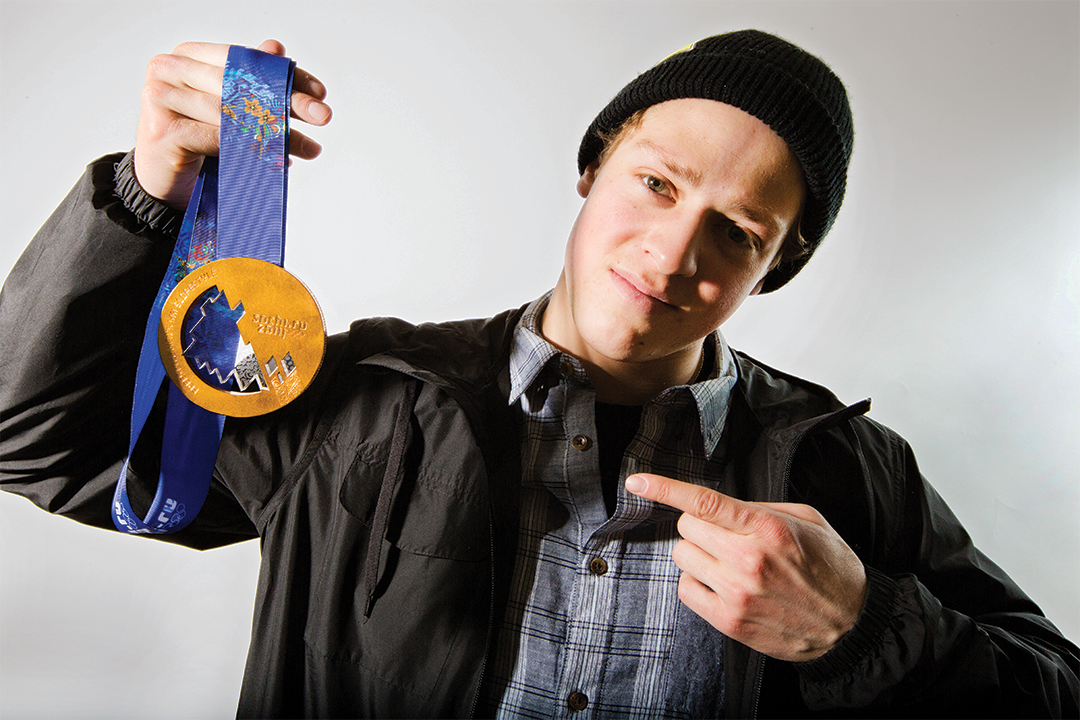
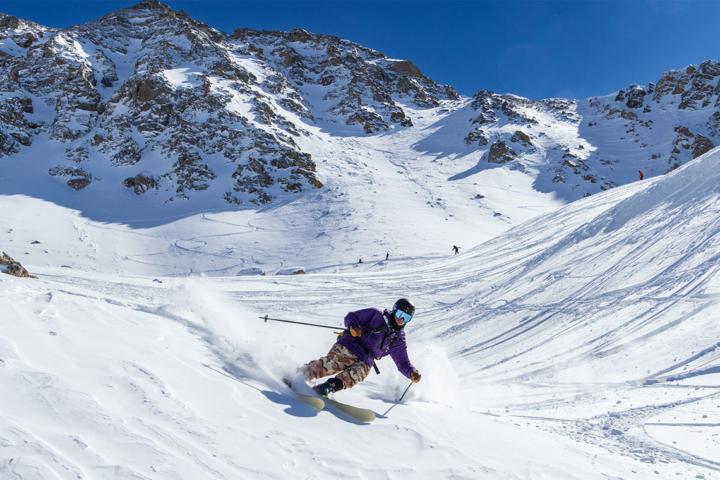
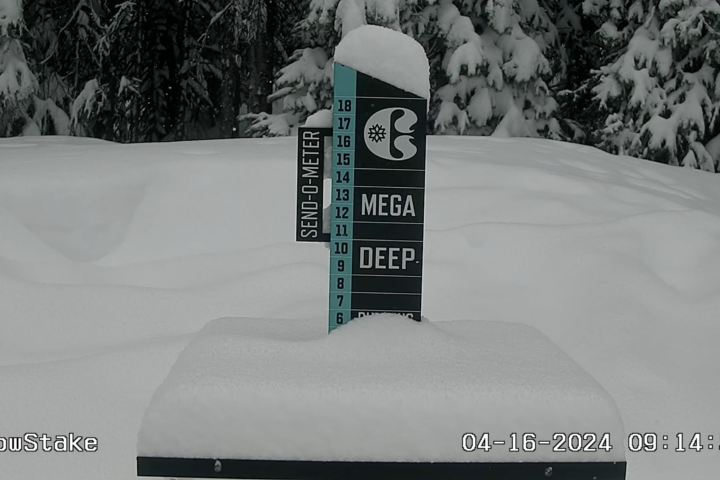
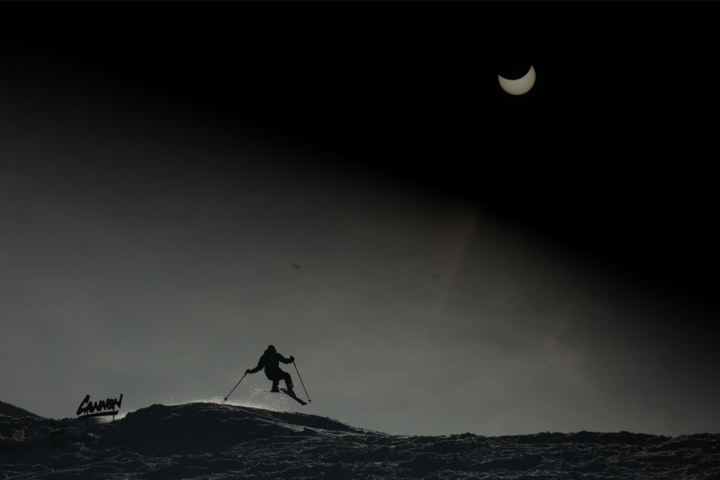
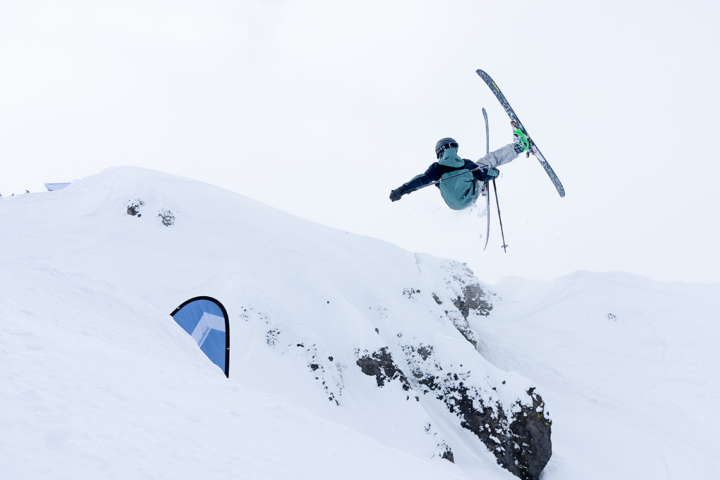
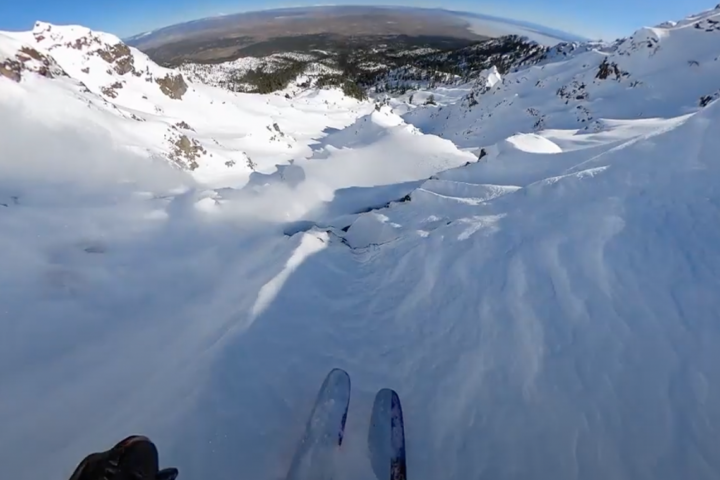
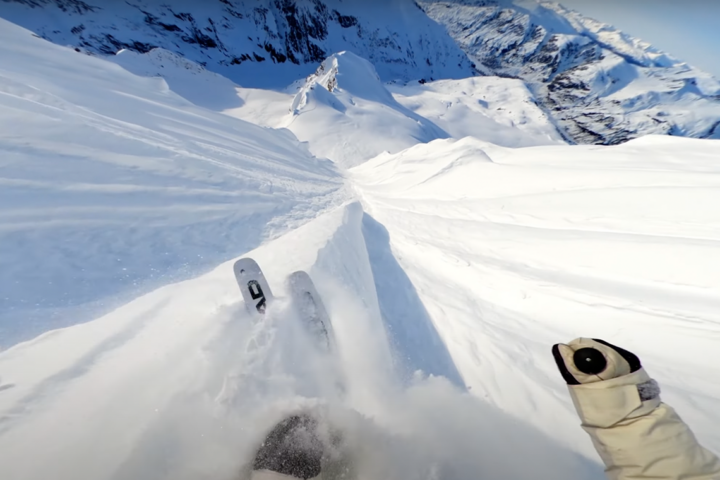

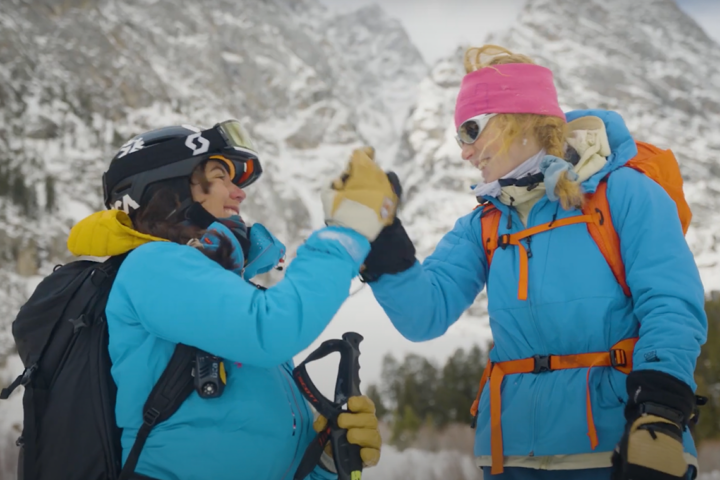
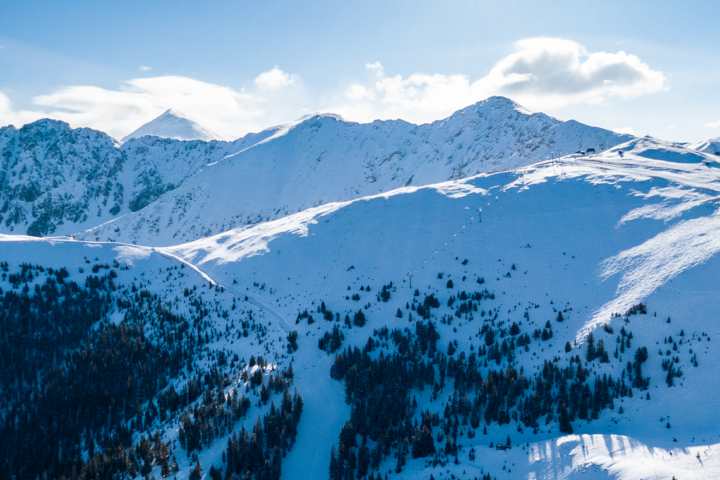
4 thoughts on “Speak softly and carry a big medal: Joss Christensen’s humble rise to recognition”
Comments are closed.